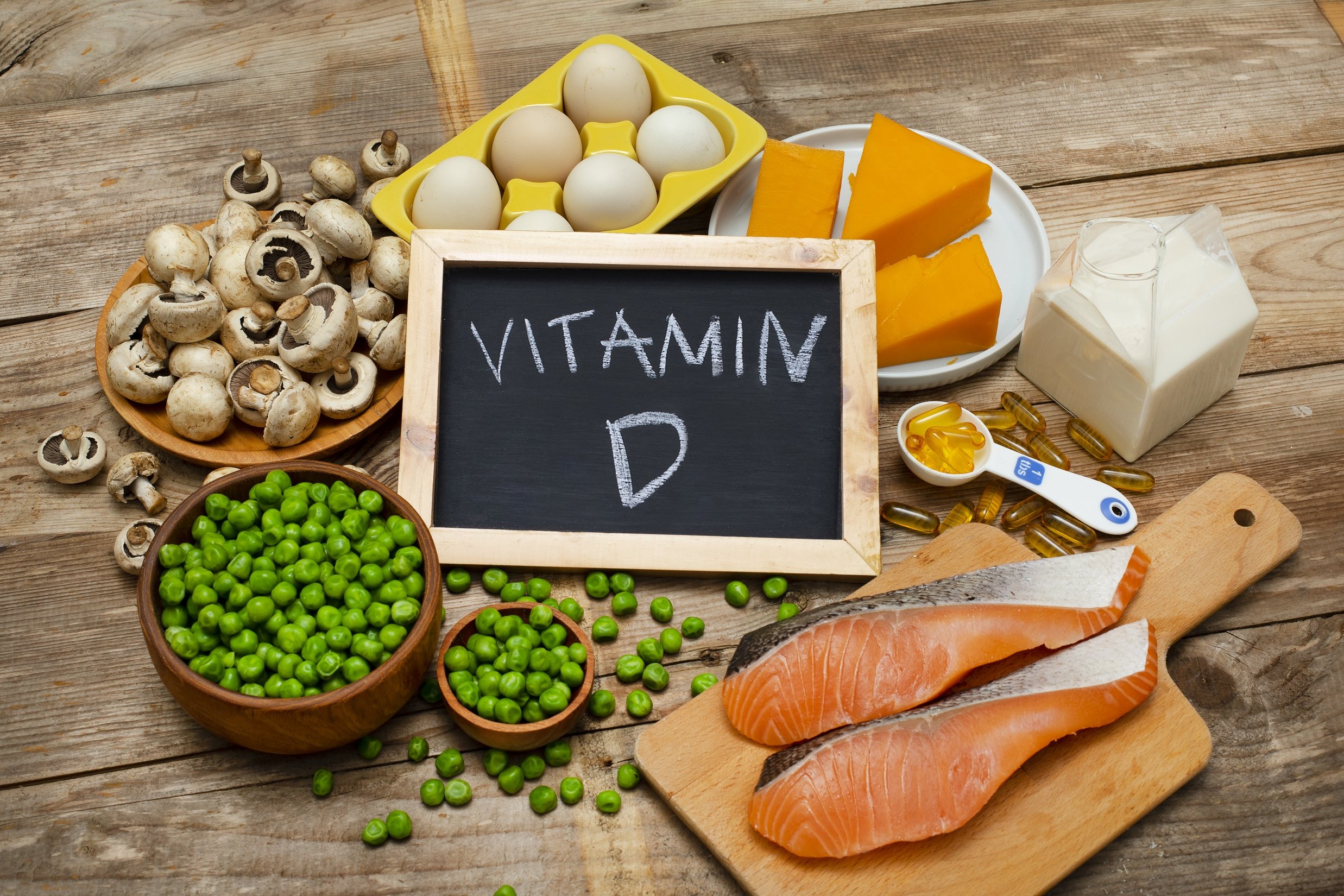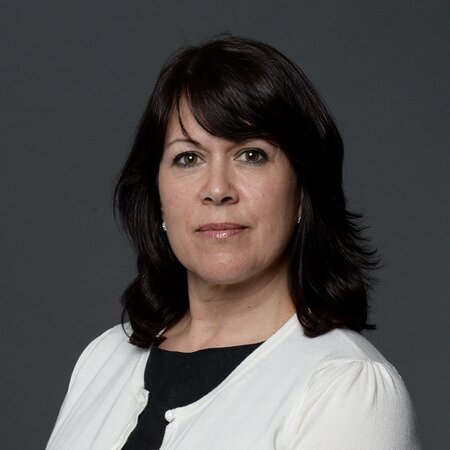
日が短く寒くて暗い冬の時期は、エネルギーを削がれてしまい、心身の健康に影響が及ぶことがあります。特に、明らかな日光の不足が大きな要因と言われています。この記事では、季節性感情障害 (Seasonal Affective Disorder)について、その原因、症状の改善方法および予防のために船上にて利用可能なリソース等について解説いたします。
While the holiday season can bring about some unwanted stress, there are some scientific reasons why your mood can be affected by the seasons.
With the dark nights of winter and the colder days upon us, many people start to feel more lethargic, less motivated and experience lower moods than usual.
Others may suffer these general symptoms, with some describing a need for more sleep, while others experience less enjoyment in hobbies and activities.
While many people experience low moods during the winter months, others may suffer from a more severe form known as Seasonal Affective Disorder (or more aptly ‘SAD’), which can have a significant impact on a person’s daily life, impeding their ability to work or to socialise.
A crew member’s ability to perform in their role is crucial to stay safe and prevent injury to themselves and others.
Seafarers can be affected by SAD just like the rest of us, and together with the daily stresses of the job, it can be easy to feel overwhelmed, both mentally and physically.
What causes Seasonal Affective Disorder (SAD)?
The conditions of the winter season, such as shorter days, colder temperatures and lack of natural sunlight, can have an impact on a person’s energy levels and overall mental and physical health, with the distinct lack of sunlight being a crucial factor.
Natural sunlight is an important element in any healthy lifestyle, being an invaluable source of vitamin D, as well as affecting a person’s serotonin levels and internal body clock.
Vitamin D
The human body uses sunlight to generate vitamin D, which is crucial for absorbing calcium and maintaining healthy bones, teeth and muscles.
Serotonin
The hormone that affects mood, decision making, social behavior and other cognitive functions.
Internal body clock
A person’s exposure to sunlight can affect their internal body clock, resulting in fatigue.
What to look out for
- Greater need for sleep
- Agitation or anxiety
- A loss of pleasure or interest in normal everyday activities
- Persistent low mood
- Less energy / fatigue
- Trouble concentrating
- Increased appetite / weight gain
- Becoming less sociable
Minimising the effects of SAD
There are many changes that can be mad to mitigate the effects of SAD during winter, these include:
- Try to get as much sunlight as possible during the day. If this is not possible, a ‘light box’ that emits light similar to that of the sun can be beneficial.
- Include more vitamin D in your diet by eating vitamin rich foods, such as fish, oranges and eggs.
- Try to exercise for 30 minutes a day.
- Where possible, try to avoid stressful situations, and take steps to manage your stress levels.
Crew Health Partners
The Crew Health team are in close contact with key stake holders and industry experts, throughout the year, sourcing the latest advice.
For both seafarers’ and Club Members’ interest, the team create Crew Health advice bulletins on how to stay safe and healthy. All the bulletins can be found on the Club’s website.
In claims presented by Members, the UK P&I Club has continued to see mental wellbeing and suicide cases. Poor mental wellbeing affects seafarers of all ages, ranks and nationalities.
To assist Members concerned with the rise in mental wellbeing cases we spoke to a number of maritime medical experts and prominent seafarer charities. The companies and charities became our “Crew Health Partners” and over the last few years we have forged strong relationships with them. This enables us to share the best, most appropriate, crew health resources with our membership.
Mission to Seafarers – WeCare
Supported by the UK Club Mission to Seafarers devised the WeCare training programme. The WeCare Programme is formed of two parts. The first is the Financial Literacy programme and the second is Social Communications module. The content and delivery of the training is exceptional in that it is aimed at not only seafarers but their families and loved ones.
For more on Mission to Seafarers, WeCare Programme please visit https://www.missiontoseafarers.org/wecare
The Sailors’ Society – Wellness at Sea Programme and App
Apps such as The Sailors’ SocietyWellness at Sea App work in conjunction with their enhanced training programme to actively promote positive crew wellbeing. Seafarers are advised to keep up-to-date on health initiatives and to monitor their own physical and Mental wellbeing.
For additional information on The Sailors’ Society Wellness at Sea, visit: https://www.wellnessatsea.org
ISWAN’s – SeafarerHelp
SeafarerHelp is the free, multi-lingual helpline for seafarers and their families, available 24 hours a day, 7 days a week, 365 days a year.
To contact SeafarerHelp:
SMS: +44 (0)762 481 8405
Skype: info-seafarerhelp.org
Live chat: www.seafarerhelp.org
Email: help@seafarerhelp.org
Call collect: +44 (0)207 323 2737
Port Chaplain Network
Apostleship of the Seas, Sailors’ Society and Mission to Seafarers all offer the support of port chaplains, trained people who can visit onboard whilst the ship is in port and to whom seafarers can speak in the utmost confidence.
Apostleship of the Seas port chaplains can be contacted via their website: www.apostleshipofthesea.org.uk
Sailors’ Society chaplains in each port can be located here: https://www.sailors-society.org/chaplains
To contact a Mission to Seafarers chaplain, please visit: www.missiontoseafarers.org
Additional seafarer wellbeing resources
ISWAN – Good mental health guides
ISWAN – Health Resources
Befrienders Worldwide – volunteer website for emotional support to prevent suicide
UK Chamber of Shipping – The Seafarer Mental Health Repository
For more information on our Crew Health Partners and access to numerous wellbeing resources, including training and support, or advice on crew health management please contact the Crew Health team (peme.ukclub@thomasmiller.com)
UK Club Crew Health website resources
UK Club Crew Health Mental Wellbeing Resources
This document is for information purposes only and does not constitute or replace medical advice.





